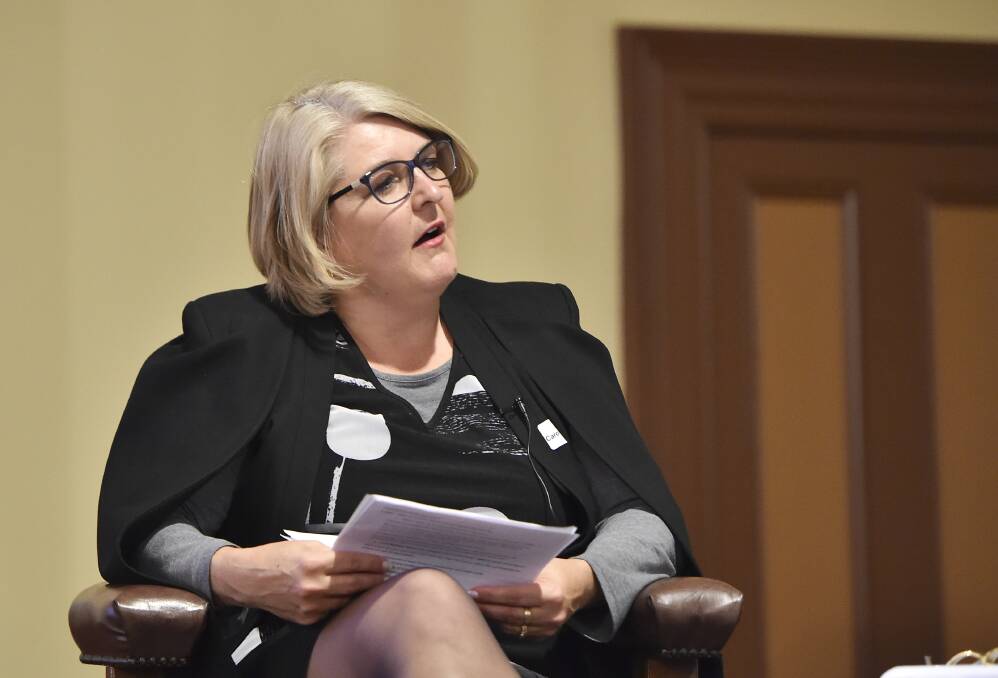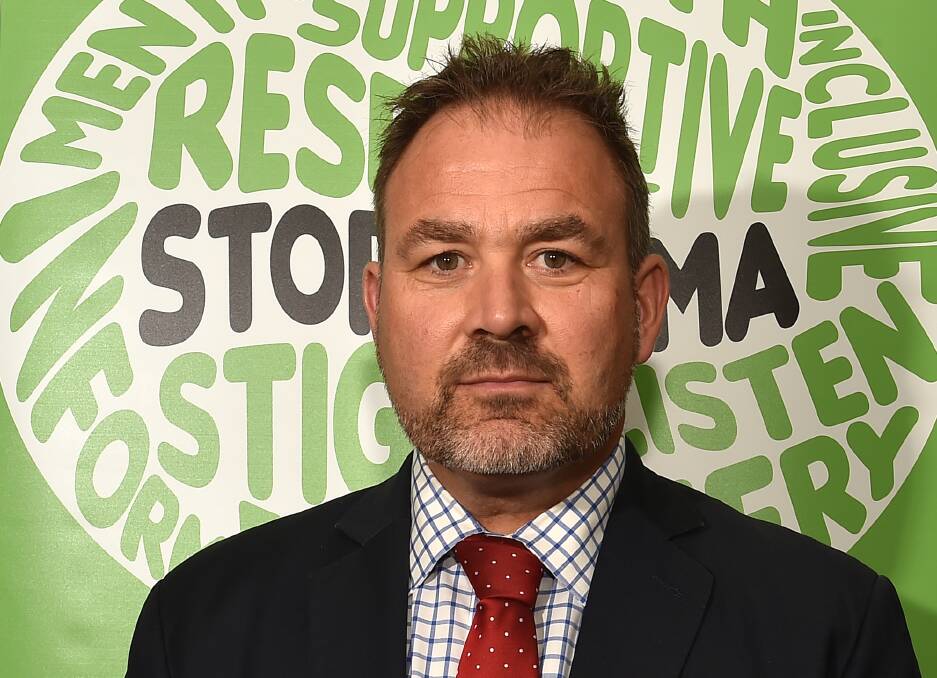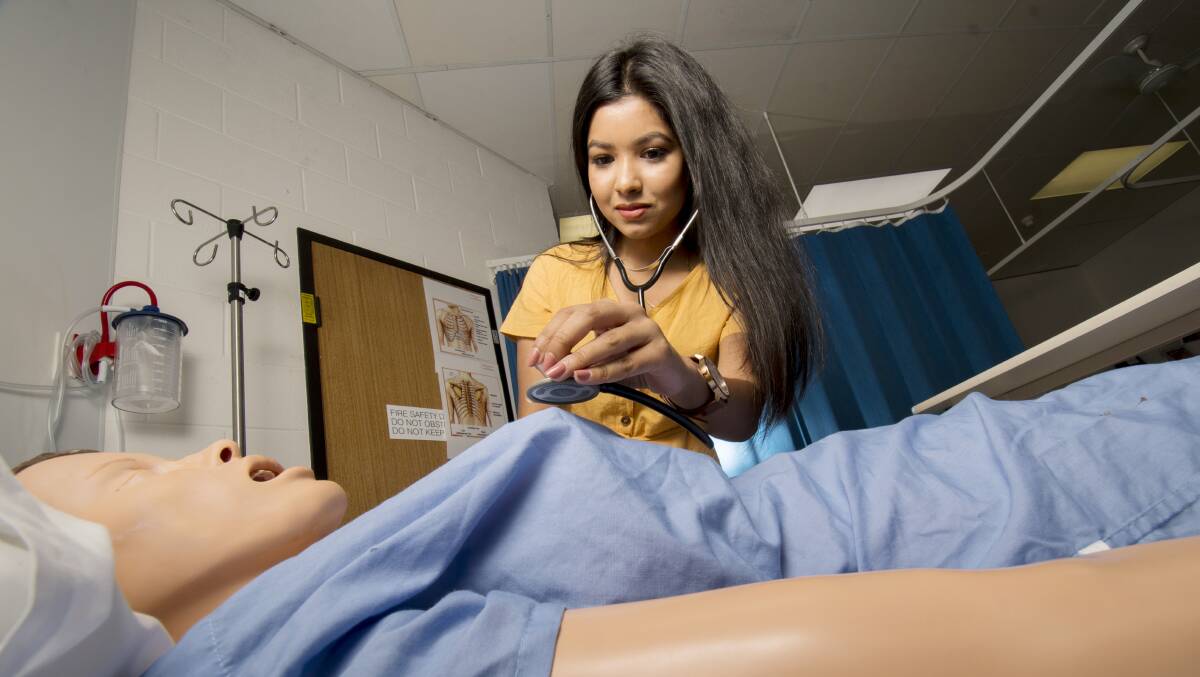
PROPOSED plans to strengthen medical and allied health representation in rural areas would see on-the-job opportunities and training for new graduates.
Subscribe now for unlimited access.
or signup to continue reading
La Trobe University Bendigo rural department of allied health head and associate professor Carol McKinstry attended discussions with University Departments of Rural Health directors and politicians in Canberra this week with a focus on increasing and supporting health graduates who take positions in rural areas.
Dr McKinstry said difficulty in supporting and retaining allied health graduates saw many opt to live in metropolitan areas.
She said there was now an opportunity for an increased uptake of rural generalist positions in the state, which would help with retention of allied health professionals in rural Victoria.
"In medicine you go through a course, do an internship and then train for general practice (and specialties)," she said. "Allied health has nothing like that. You do your course and that's it.
"So we want to introduce a thing called a rural generalist. What that does is have an employer advertise a position - rural generalist - (for graduates) in their first two years of practice and organises supervision and time to complete online subjects.
"It is designed to support and allow graduates to continue learning with supervision. It has been (successful) in New South Wales and Queensland where they had (a lot) of applicants and, more importantly, been able to retain them.
"No one is using these positions in Victoria and we want to change that."
Murray Primary Health Network chief executive Matt Jones said there was recognition in the industry that more sophisticated solutions to healthcare worker shortages were needed.
"There is also some urgency because the current (healthcare) model won't continue to service our needs," he said. "The current model, we could regard as broken. So we have got a burning platform that we have got to address and I think the recognition of that is highest at local level but, encouragingly, I think the state government is starting to feel the need (to find solutions) too.
"The real opportunity is to develop another platform rather than let the current platform burn out completely and then try to build another."

Mr Jones said the Australian healthcare system worked well in general but that it was weakest in rural areas.
"It works perhaps best in areas where there is high population in close proximity," he said. "So it becomes a matter of choice and access.
"Once you stretch the system across smaller populations and larger areas, we don't have the economic capacity to provide the range of access to the services we require.
"Yet in those exact communities - where the challenges are in providing a mutli-disciplined team approach - (they) the communities that perhaps have the poorest health outcomes and the greatest need.
"So we need to develop solutions that build the scale and capacity across a region, but are delivered within a community (and) provide access to the range of services the population requires."
Dr McKinstry said La Trobe produces between 30 and 40 occupational therapists each year and around 45 physio therapists. She said the rural generalist role could also apply to pharmacist, speech pathologist and medical imaging graduates.
"It's been so successful in other states," Dr McKinstry said. "We have been talking to allied health managers in the Loddon Mallee about this being something we should consider.
"What we see in rural areas is that churn. We get new graduates but they are not supported and don't stay. The retention rates for allied health therapists in this program is really high."
Dr McKinstry said how graduates were distributed was also discussed in Canberra.
"We know there's a shortage in rural areas due to maldistribution of the workforce," she said. "For example, we cant produce enough physio graduates for rural areas.
"We are producing lots of graduates but have had (poor) distribution. Metropolotian trained graduates want to stay in the city and not work in the country. It's the same in medicine. The problem is (graduates) are not distributed where the need is."

Dr McKinstry said the future will require more health professionals, not less. She said collaboration between health services could strengthen representation in rural towns.
"The government said 'tell us what solutions might work' and one we are working on is (potentially) pulling (part-time roles) together in a collaboration between health services," she said.
Mr Jones said more collaboration and integration between health services and organisations was important.
"There is no planning at a regional level and the system is a totality of what's available locally," he said. "So we need to look at the needs of population and provide partnerships and enable partnership between providers of healthcare across adjacent communities. That creates a platform across multiple locations.
"It doesn't happen at the moment because there's no encouragement or opportunity. It's a really important addition to the workforce model and one that's gained traction in other state. The challenge is working out how it fits in the Victorian context."
La Trobe University's new biomedical science course has students from Bendigo, Shepparton, Mildura, Cohuna, Ballarat and Macedon studying in Bendigo.
Part of the expectation of the course is that students remain in regional areas after they finish their training.
"The thinking of getting rural kids training in rural areas is that it would lead to greater conversion. For the 15 students in that La Trobe course, they go through interviews and demonstrate they have passion for rural practice," Dr McKinstry said.
"You don't want to pump out graduates and see them leave because they're not supported."


